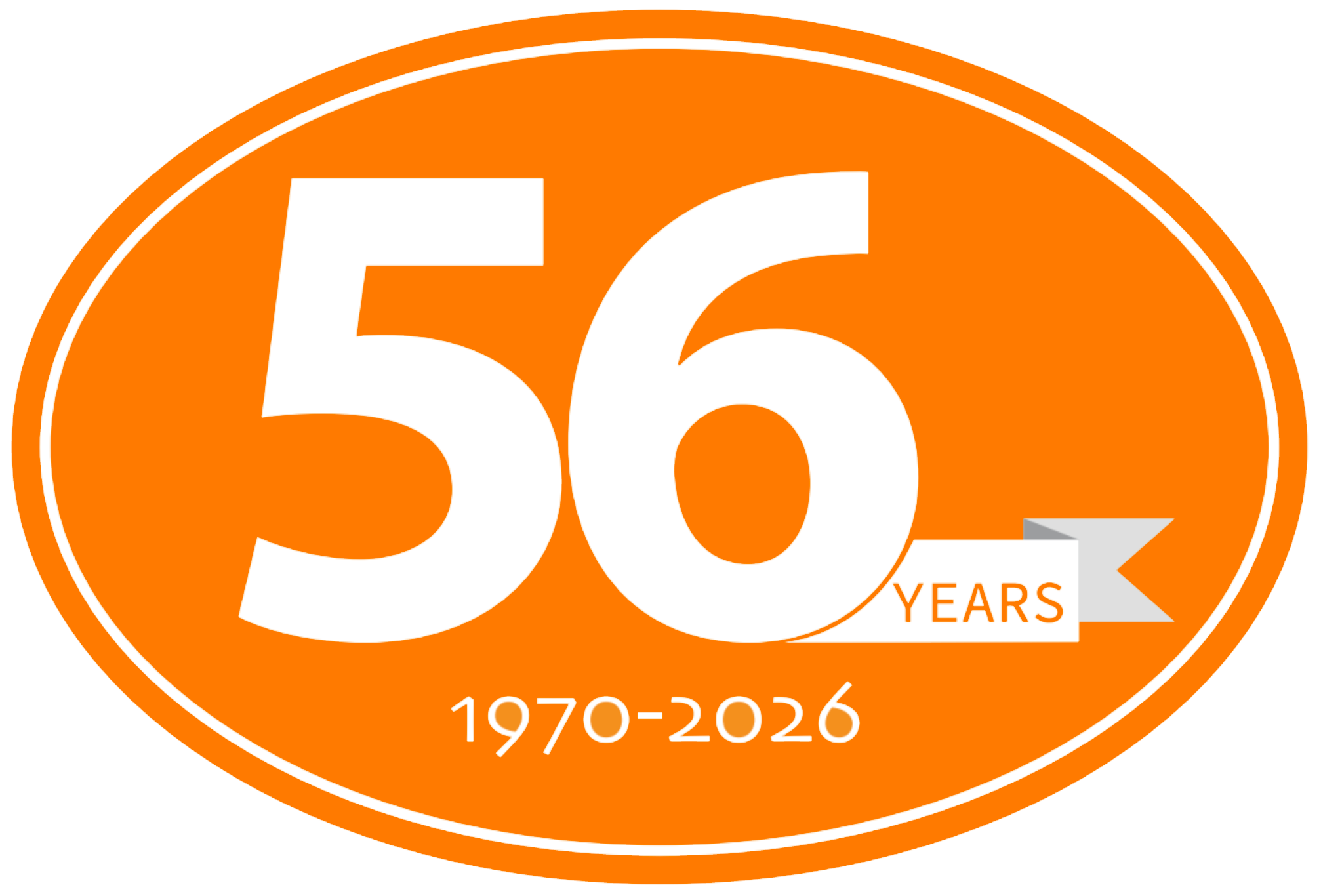How Is Wellington City Council Managing Our Water Supply in 2025?

Wellington's water infrastructure has long faced challenges, but 2025 marks a pivotal year with significant progress and reforms. The Wellington City Council (WCC) is actively addressing aging infrastructure, leak management, and future-proofing the city's water services.
Major Progress on Leak Reduction
In early 2025, Wellington achieved a milestone by reducing recorded water leaks to under400 per month—the lowest in four years. This is a substantial drop from 1,720leaks in January 2024, representing a 75% reduction. Increased investment fromWCC has enabled Wellington Water to accelerate leak repairs across the region.
Te Whare Wai Para Nuku: A Key InfrastructureProject
At MoaPoint, the construction of Te Whare Wai Para Nuku, a sludge minimisation facility, is progressing significantly. In 2024, over 3,200 cubic meters of concrete were poured, forming the base and walls of digestors now standing six stories high. The facility is expected to be operational by late 2026 or early2027, aiming to reduce wastewater sludge by 60–80% and cut carbon emissions by60%.
Water Reform: Local Water Done Well
The WCC is participating in the government's "Local Water Done Well" reform, which introduces new regulatory standards for water services. The council is consulting on three options:
- A multi-council water organisation co-owned by Wellington City, Upper Hutt City, Hutt City, Porirua City, and Greater Wellington Regional Councils (preferred option).
- A Wellington City Council sole ownership water organisation.
- Continuing with existing arrangements where WCC owns water assets and contracts services to Wellington Water Limited.
The preferred option aims to provide the new entity with the scale and borrowing capacity to deliver required water upgrades more efficiently and cost-effectively.
Investment and Future Planning
Wellington's water infrastructure requires significant investment. The council has approved a 10-year plan that includes $2.7 billion for water pipe maintenance and upgrades, and an additional $147 to $208 million for plant upgrades at the MoaPoint wastewater treatment plant. These investments are crucial to address the aging infrastructure and meet the city's growing water needs.
Resilience and Emergency Preparedness
The region's water supply is vulnerable to disruptions from natural disasters. Studies estimate that a major earthquake could cause thousands of breaks in the water network, potentially leaving parts of the city without water for up to 12months. To mitigate this, projects like the Prince of Wales and Bell Road reservoir upgrades and the construction of a cross-harbour pipeline are under way to enhance the resilience of the water supply.
Have Your Say
The WCC is seeking public feedback on water reform, the Long-term Plan 2024–34 amendment, and the Annual Plan 2025/26. Consultation is closing today and we will see participate and share their views on the future of Wellington's water services.






